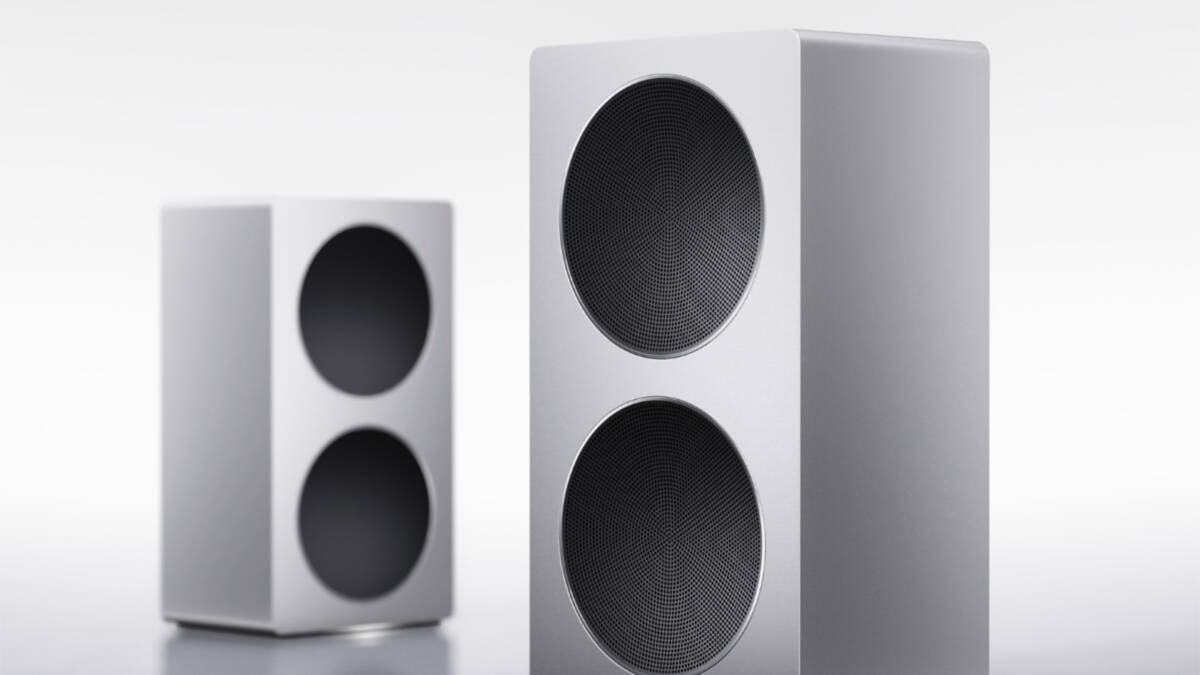U.S. federal court strikes down Trump’s tariffs that could affect Apple

The U.S. Federal Trade Court has ruled that former President Donald Trump did not have the authority to impose tariffs on imports from other countries. The ruling cast doubt on Trump’s plans to raise tariffs on Apple products, including the iPhone, and temporarily spared the company from the threat of 25 percent duties on imported goods.
The ruling also gave Trump’s plans to impose tariffs on Apple products, including the iPhone, a temporary reprieve from the threat of 25 percent duties on imported goods.
The court ruled the imposition of tariffs illegal
According to the court ruling, the power to regulate international trade rests solely with the U.S. Congress. The president’s emergency powers, which are meant to protect the economy, do not authorize the unilateral imposition of tariffs. Thus, Trump’s attempts to use International Emergency Economic Powers Act (IEEPA) to impose tariffs have been ruled illegal by the court. The law has previously been used to freeze assets or impose sanctions against enemies of the U.S. in an emergency, but not to restrict trade with individual countries.
The three-judge panel said it was not evaluating the appropriateness or effectiveness of using tariffs as a tool of pressure. The decision is based on the fact that current law does not allow the president to use such a measure. Trump himself has previously argued that the IEEPA law gives him the authority to bypass Congress, but the court emphasized: a threat to the nation’s economy is not a reason to impose tariffs unilaterally.
Suits, appeal and reaction to the decision
The court was hearing two lawsuits, one filed by 13 states led by Oregon Attorney General Dan Rayfield (Democrat) and the other by the nongovernmental Liberty Justice Center on behalf of five small U.S. companies that depend on imports from countries affected by the tariffs. The companies said the tariffs would undermine their businesses.
The White House quickly appealed, with Deputy Chief of Staff Stephen Miller calling the court’s decisions “a judicial coup out of control.” In response, Rayfield said:
“This decision reaffirms: laws matter, and trade decisions cannot be made at the whim of the president.”
Market Reaction and Impact on Apple
After the news, Apple shares rose $6.99, or 3.5%, in after-hours trading to settle at $207.41. Markets also reacted with gains as the threat of new duties eased, which is especially important for companies that rely on global supply chains.
The US federal court strikes down Trump’s tariffs that could affect Apple was first published on ITZine.ru.








